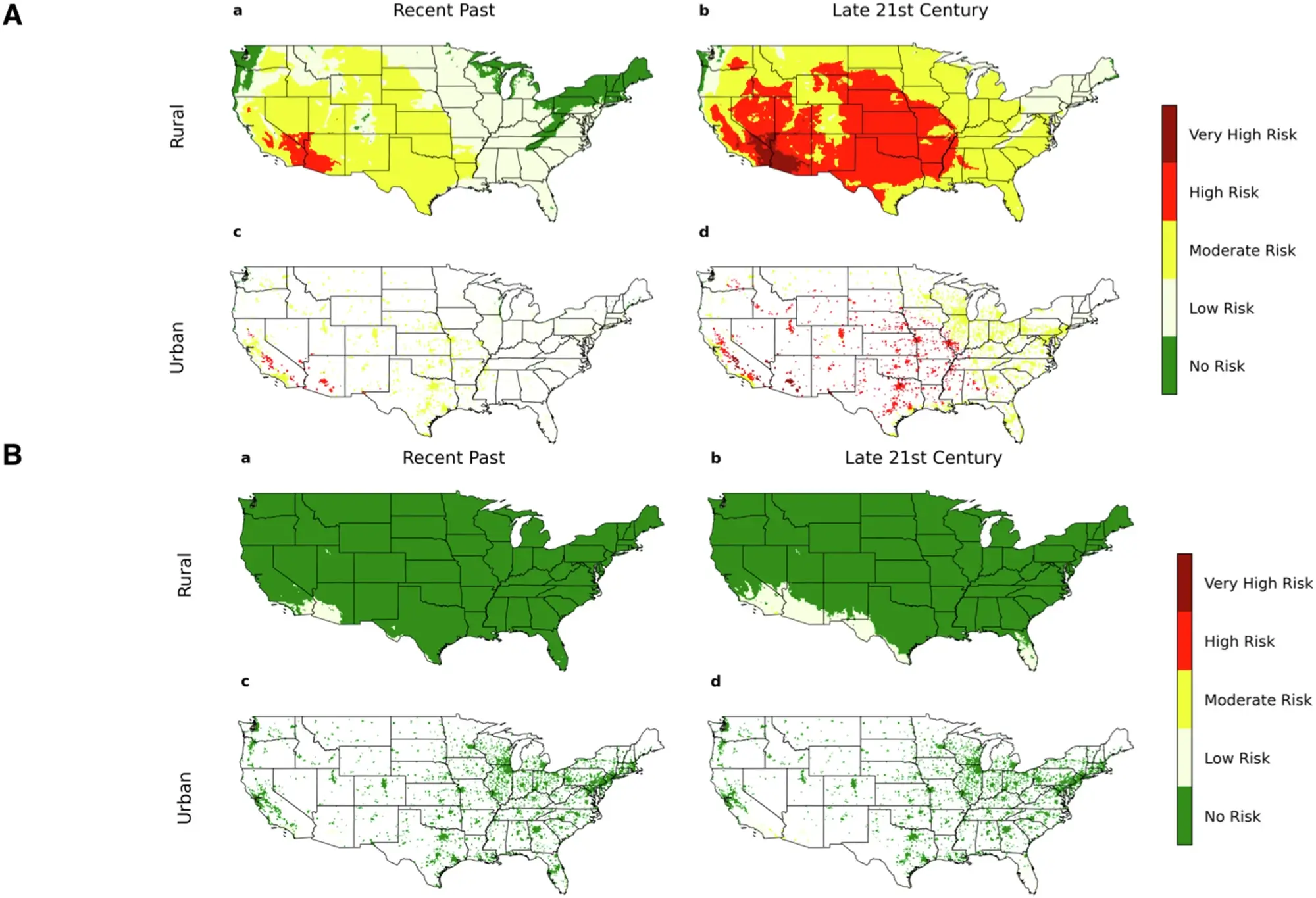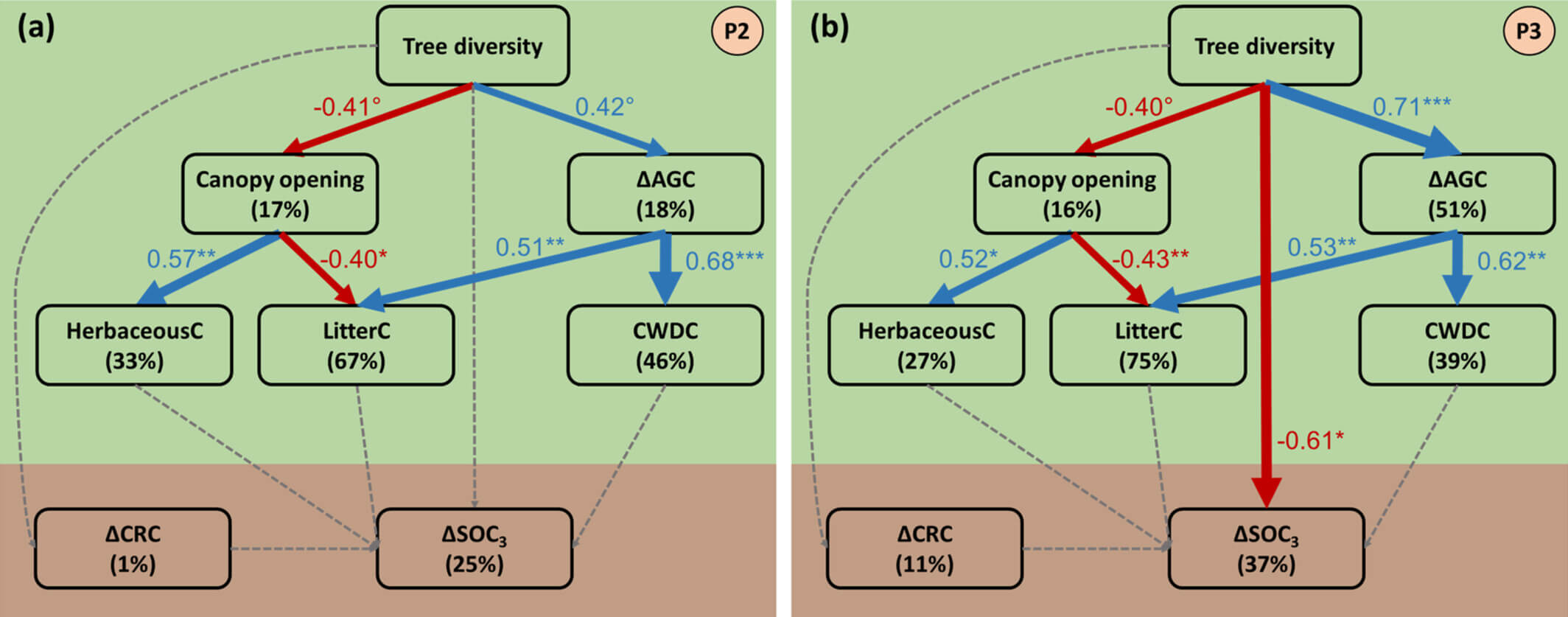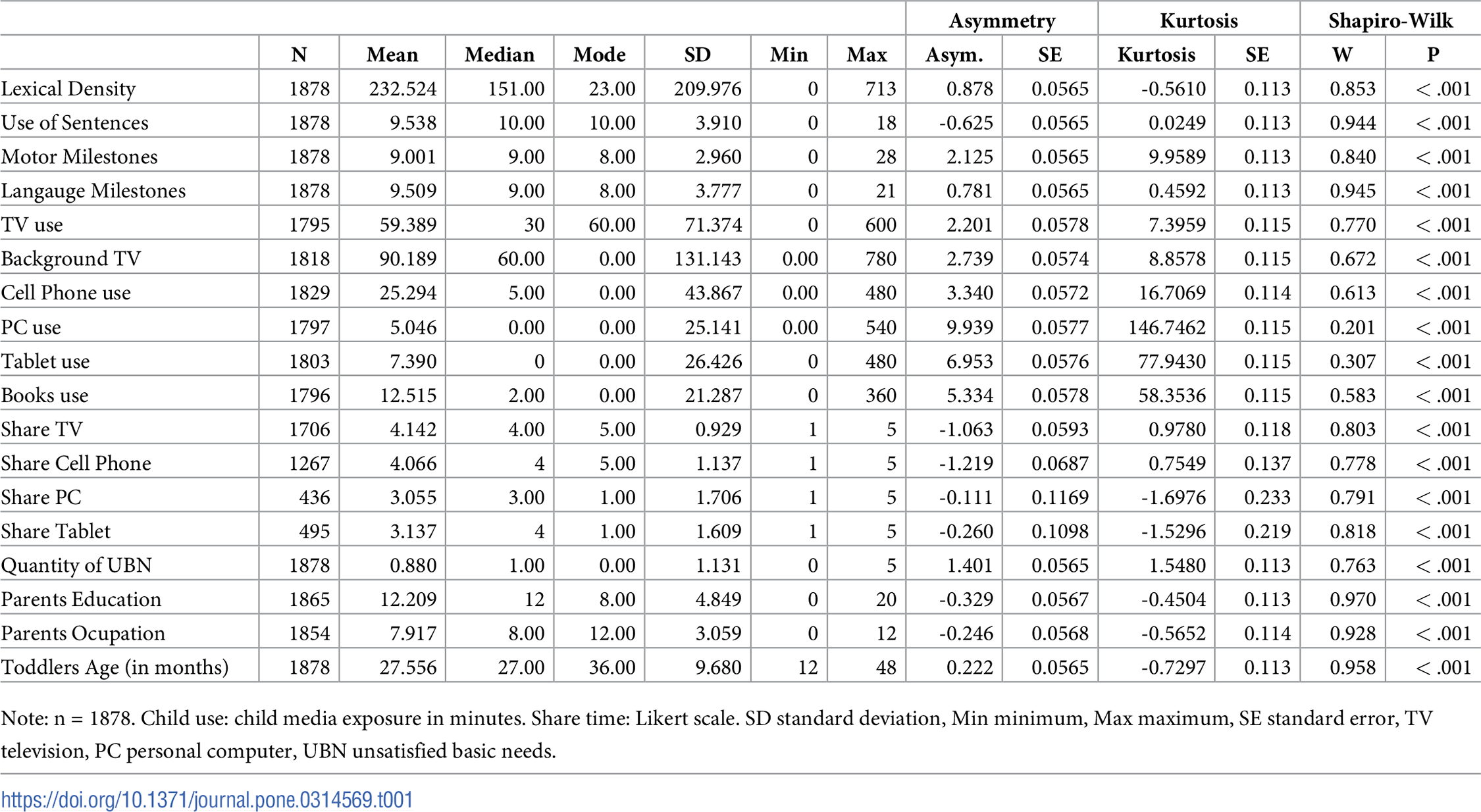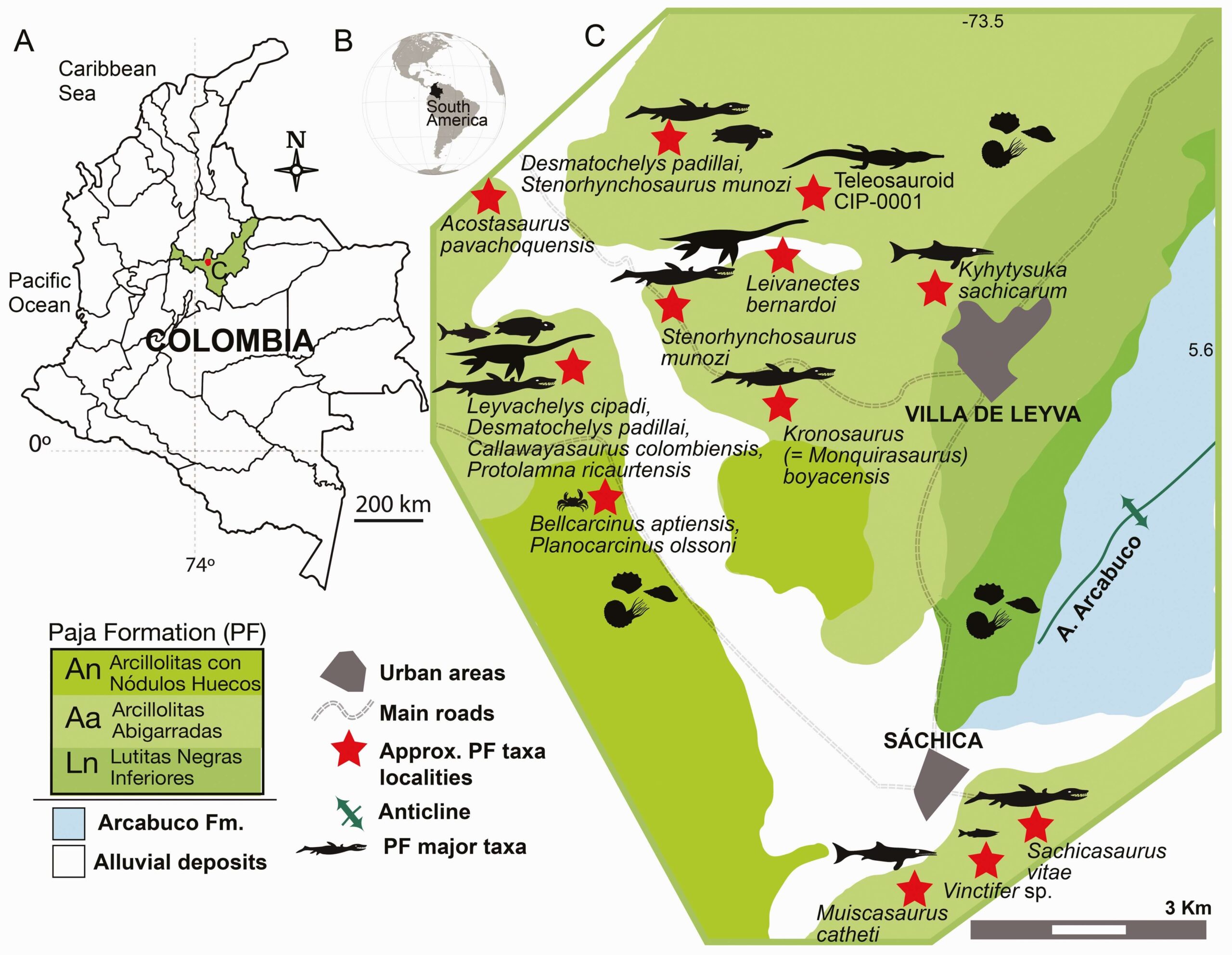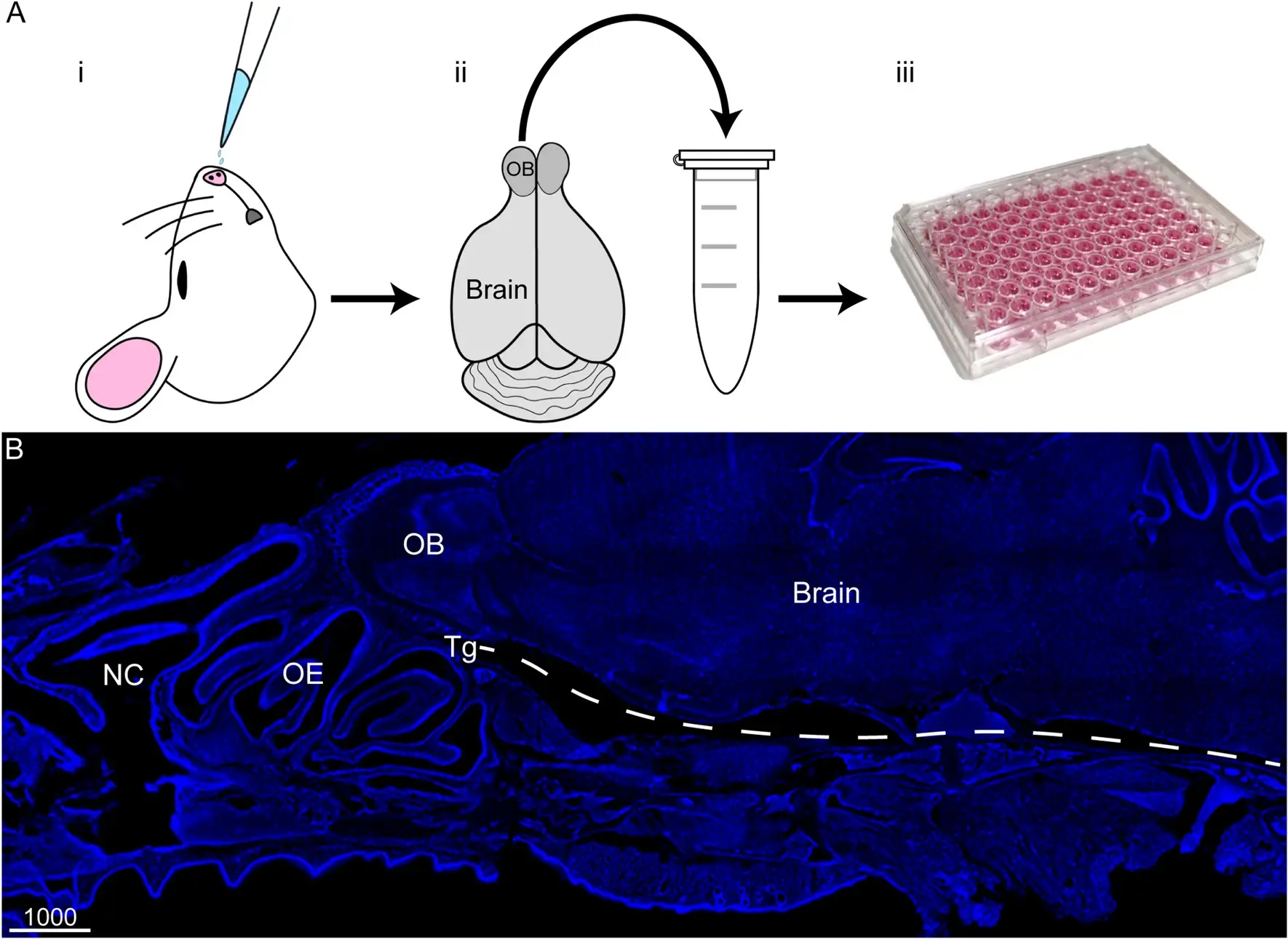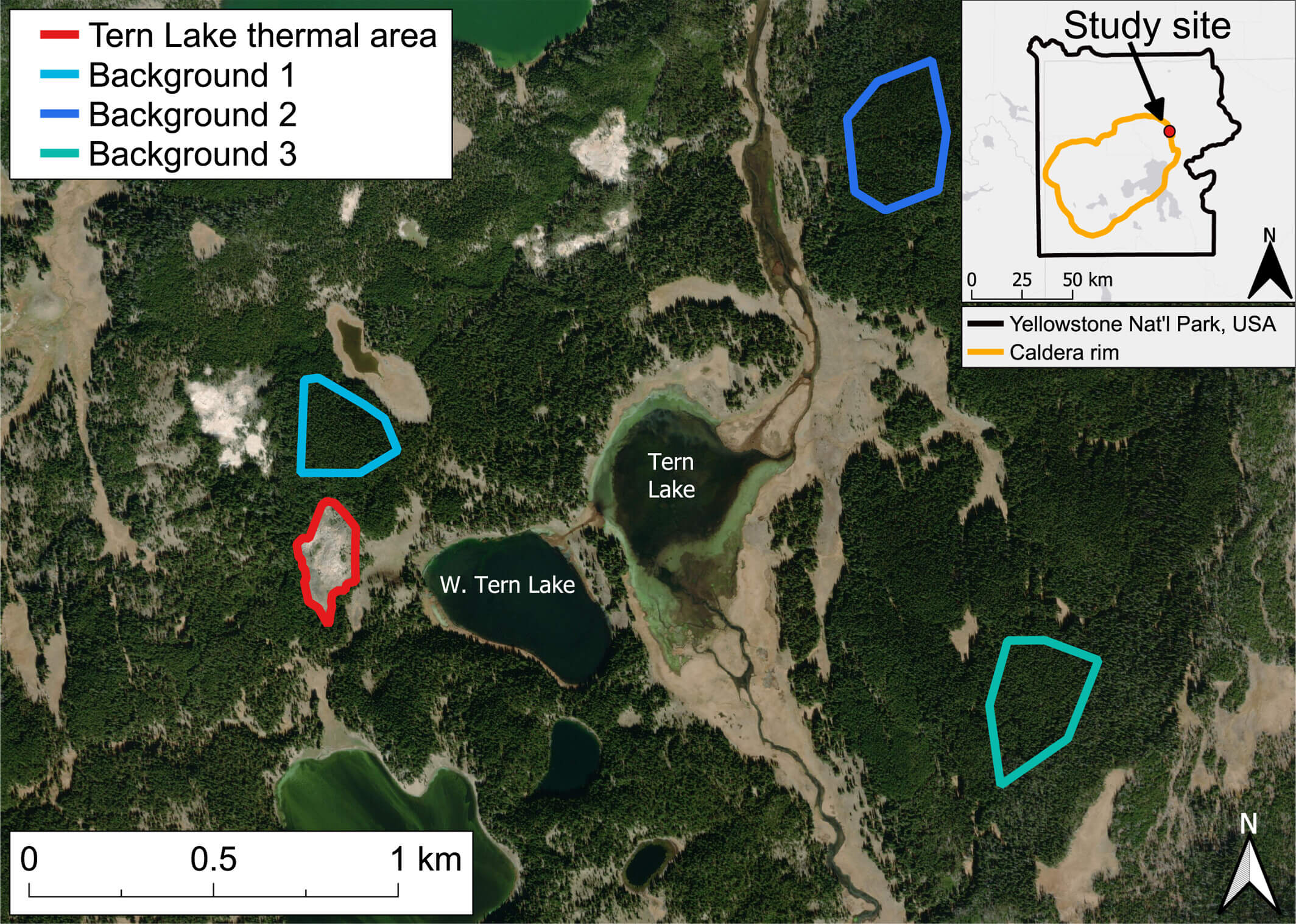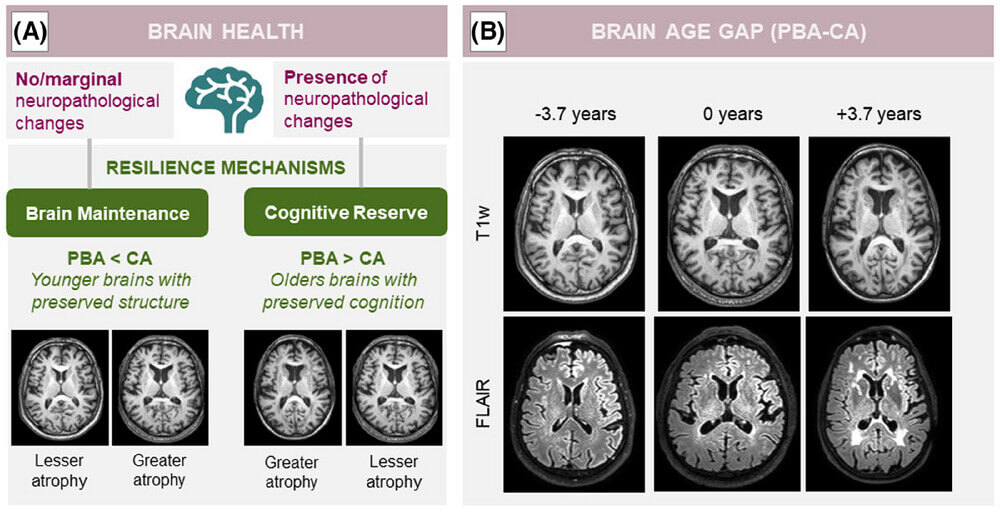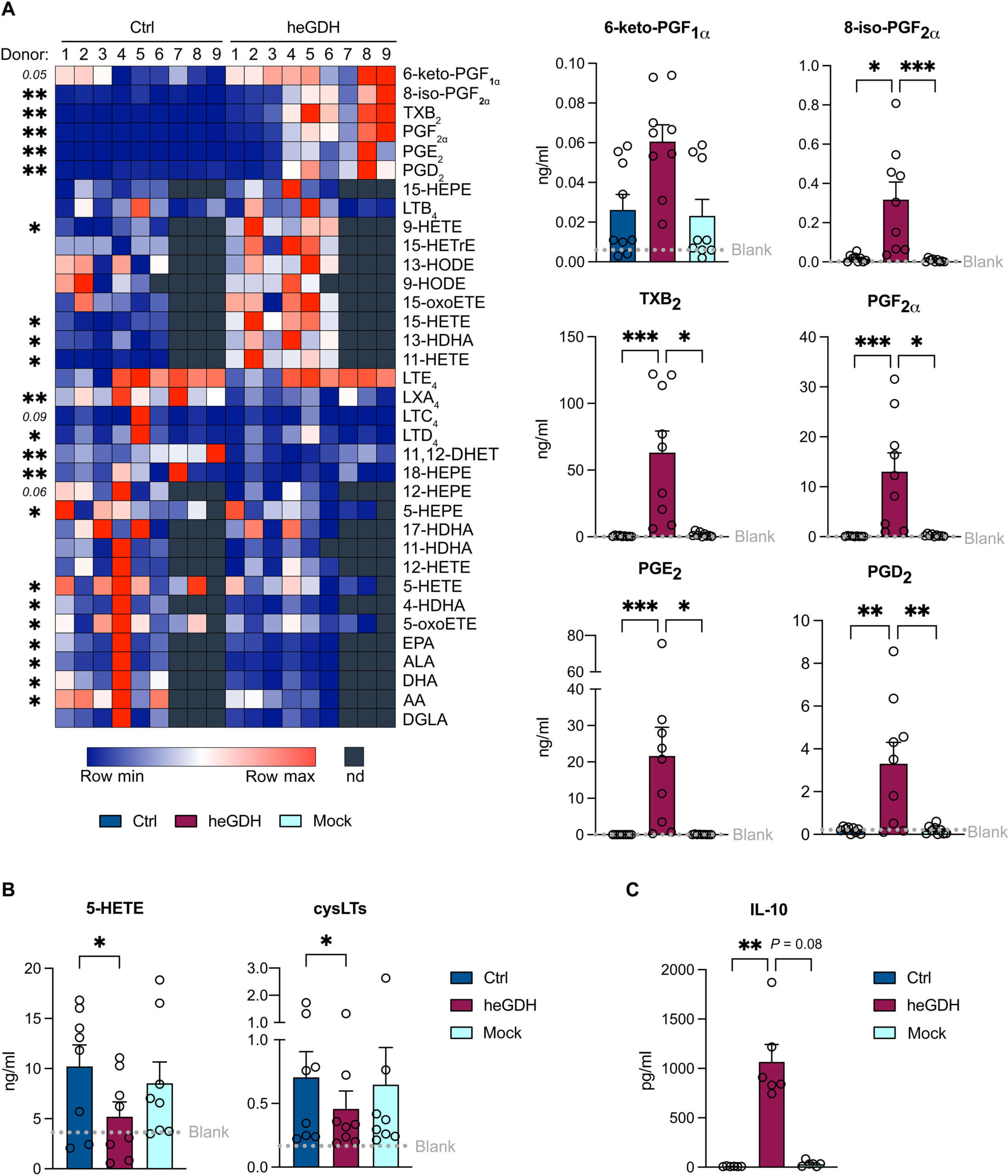
In the complex interplay between parasites and hosts, helminths have long puzzled scientists with their ability to evade human immune systems. A groundbreaking study published in Science Immunology has now uncovered how helminthic enzymes, specifically helminth glutamate dehydrogenase (heGDH), manipulate host defenses, providing new insights that could lead to innovative therapeutic strategies.
A Closer Look at heGDH’s Role in Immune Evasion
The study, led by a research team from the Helmholtz Association of German Research Centres, reveals that heGDH plays a pivotal role in subverting host immune responses. This enzyme acts as a molecular switch within macrophages—immune cells vital for fighting infections. When internalized by these cells, heGDH suppresses their ability to ensnare and kill the parasites, while simultaneously activating pathways that temper inflammatory responses.
By engaging in a mechanism of epigenetic modulation, heGDH induces lasting changes in immune regulation. The study highlights that this enzyme’s activity is not solely dependent on its catalytic function. The non-catalytic N terminus of heGDH interacts with key cellular targets, such as CD64 and GPNMB, to modulate immune responses. This interaction is crucial for the enzyme’s ability to suppress type 2 immunity, which is essential for anti-helminth defense.
Key Findings from the Study
- Epigenetic Reprogramming: heGDH induces epigenetic changes that suppress the activation of macrophages, crucial players in the immune response against helminth infections. These changes were confirmed through RNA sequencing and proteomic analysis, identifying significant alterations in gene expression related to immune regulation.
- Suppression of Type 2 Immunity: The enzyme helps the parasite evade the immune system by inhibiting the synthesis of type 2 cytokines and promoting the production of immune regulatory mediators such as prostaglandin E2 (PGE2).
- Enzyme Interaction and Immune Modulation: The non-catalytic features of heGDH facilitate interactions with immune components that regulate inflammation and macrophage activation. This interaction leads to the suppression of leukotrienes, which are crucial for initiating immune responses to helminth infections.
- Chronic Infection Establishment: The investigation revealed that heGDH is critical in establishing chronic helminth infections by dampening host immune responses and enhancing parasite survival.
Implications for Future Therapies
These findings offer promising avenues for medical application. The research underscores the potential of targeting GDHs for developing vaccines against parasitic infections. Moreover, engineered variants of heGDH could lead to novel treatments for inflammatory diseases, such as asthma, that exploit these enzymes’ immune-modulating capabilities.
“This study represents a significant leap forward in understanding and potentially harnessing the immune evasion strategies of parasites for therapeutic purposes,” commented Sina Bohnacker, the lead author. Julia Esser-von Bieren, a key researcher, highlighted, “Our findings could revolutionize treatments for infectious diseases and provide new solutions for managing chronic inflammatory conditions.”
Towards a Future of Advanced Biotherapeutics
The study opens up new possibilities in addressing global health challenges. Vaccines targeting GDHs could significantly reduce the prevalence of helminth infections, which impact nearly a quarter of the global population.
Additionally, therapeutic forms of heGDH might offer groundbreaking approaches to treating chronic inflammatory diseases, providing hope for those affected by such conditions.
Related Posts
Reference
Sina Bohnacker et al. A helminth enzyme subverts macrophage-mediated immunity by epigenetic targeting of prostaglandin synthesis. Sci. Immunol.9,eadl1467(2024). DOI: 10.1126/sciimmunol.adl1467

